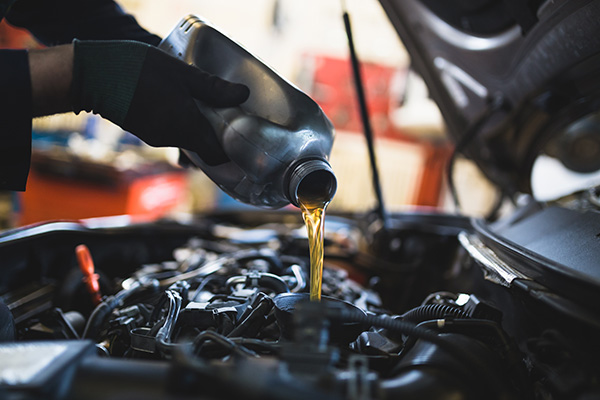
Routine oil changes are one of the simplest yet most important aspects of vehicle maintenance. Despite that, many drivers push their oil change intervals longer than recommended, either due to a busy schedule, cost concerns, or simply forgetting. While skipping one oil change might not ruin your engine overnight, regularly delaying this service can lead to serious and costly consequences over time.
Why Engine Oil Matters
Engine oil performs several crucial functions. It lubricates moving engine parts, helps regulate engine temperature, reduces friction, and prevents the buildup of harmful sludge. As oil circulates, it also carries away contaminants like dirt and microscopic metal shavings, keeping the engine clean and efficient.
Over time, however, oil degrades and becomes less effective. Exposure to heat, combustion byproducts, and contaminants slowly breaks down its viscosity and protective properties. This is why regular oil changes are so vital—they restore the oil’s ability to protect and preserve your engine.
What Happens When You Delay an Oil Change
The longer you wait between oil changes, the more the oil deteriorates and the harder your engine has to work. Here are a few potential issues that can develop:
- Sludge buildup: Old oil thickens and forms sticky deposits that clog passages and coat engine components, reducing efficiency and airflow.
- Increased friction and heat: Without proper lubrication, metal parts grind against each other, generating excess heat and accelerating wear.
- Loss of performance: Engine response can become sluggish as internal friction increases, and fuel economy may drop.
- Long-term damage: Delayed oil changes can lead to worn piston rings, damaged bearings, and even engine failure in severe cases.
These effects are gradual but cumulative. Even if your engine seems to be running fine today, the damage from infrequent oil changes adds up over time.
Warning Signs of Overdue Oil Service
If you’ve waited too long for an oil change, your car may start to show symptoms. Watch for the following signs:
- A ticking or knocking noise from the engine, often caused by low oil pressure.
- The oil warning light appears on your dashboard.
- Dark, gritty oil on the dipstick when you check the oil level.
- A burning oil smell coming from the engine compartment.
- Decreased engine performance or increased fuel consumption.
These signs suggest the oil has lost its ability to properly lubricate and protect the engine.
How Often Should You Change Your Oil
Most modern vehicles recommend oil changes every 5,000 to 7,500 miles, though this can vary based on driving habits, engine type, and oil formulation. Older cars or those using conventional oil need changes as frequently as every 3,000 miles.
If you often drive in stop-and-go traffic, take short trips, tow heavy loads, or operate in dusty or extreme temperature environments, your engine most probably requires oil changes more often. Your owner’s manual and your trusted repair shop offer the most accurate guidance for your vehicle’s specific needs.
Synthetic Oil and Extended Intervals
Synthetic oil typically lasts longer than conventional oil and performs better in high-heat or cold-temperature conditions. Some full synthetic oils are designed to go up to 10,000 miles or more between changes. However, even with synthetic oil, extended intervals should be approached with caution.
It’s important not to exceed your vehicle manufacturer’s recommendation just because the oil is synthetic. Engine age, condition, and other variables all play a role. Routine checks between changes are still important to verify oil quality and level.
The Cost of Neglect Versus the Cost of Maintenance
It’s easy to put off an oil change when your car seems to be running fine. But oil changes are relatively inexpensive compared to the potential cost of engine repairs.
Neglecting oil service can lead to major engine problems like seized pistons, camshaft damage, or complete engine failure—all of which come with price tags far higher than a simple oil change. Regular oil changes help you avoid surprise repairs and extend your vehicle’s life.
Trust Palo Alto Shell in Palo Alto, CA
At Palo Alto Shell in Palo Alto, CA, we make it easy to stay on top of your oil changes. Our technicians will help you determine the best oil for your vehicle and driving habits and ensure every oil change includes a thorough inspection to keep your engine running strong.
If you're overdue for an oil change or unsure of your last one, schedule a service with us today. Taking a few minutes now can save you thousands down the road.